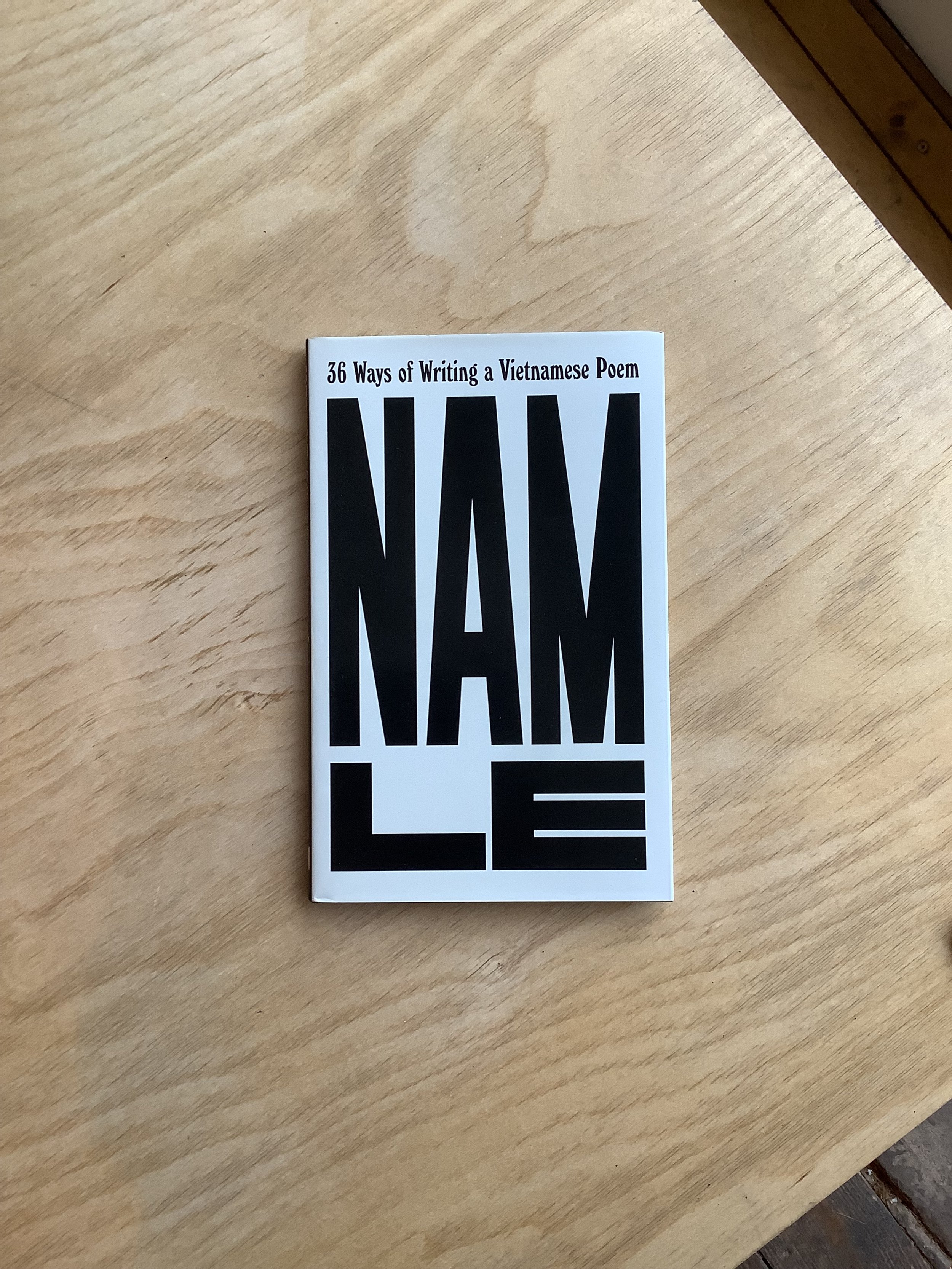36 Ways of Writing a Vietnamese Poem - Nam Le
An explosive, devastating debut poetry book from the winner of the Dylan Thomas Prize.
36 Ways of Writing a Vietnamese Poem is an urgent, unsettling reckoning with identity - and the violence of identity. For Le, a Vietnamese refugee in the West, this means the assumed violence of racism, oppression and historical trauma. But it also means the violence of that assumption.
Of being always assumed to be outside one's home, country, culture or language. And the complex violence - for the diasporic writer who wants to address any of this - of language itself. Making use of multiple tones, moods, masks and camouflages, Le's poetic debut moves with unpredictable and destabilizing energy between the personal and political.
As self-indicting as it is scathing, hilarious as it is desperately moving, this is a singular, breakthrough book.
An explosive, devastating debut poetry book from the winner of the Dylan Thomas Prize.
36 Ways of Writing a Vietnamese Poem is an urgent, unsettling reckoning with identity - and the violence of identity. For Le, a Vietnamese refugee in the West, this means the assumed violence of racism, oppression and historical trauma. But it also means the violence of that assumption.
Of being always assumed to be outside one's home, country, culture or language. And the complex violence - for the diasporic writer who wants to address any of this - of language itself. Making use of multiple tones, moods, masks and camouflages, Le's poetic debut moves with unpredictable and destabilizing energy between the personal and political.
As self-indicting as it is scathing, hilarious as it is desperately moving, this is a singular, breakthrough book.
An explosive, devastating debut poetry book from the winner of the Dylan Thomas Prize.
36 Ways of Writing a Vietnamese Poem is an urgent, unsettling reckoning with identity - and the violence of identity. For Le, a Vietnamese refugee in the West, this means the assumed violence of racism, oppression and historical trauma. But it also means the violence of that assumption.
Of being always assumed to be outside one's home, country, culture or language. And the complex violence - for the diasporic writer who wants to address any of this - of language itself. Making use of multiple tones, moods, masks and camouflages, Le's poetic debut moves with unpredictable and destabilizing energy between the personal and political.
As self-indicting as it is scathing, hilarious as it is desperately moving, this is a singular, breakthrough book.

